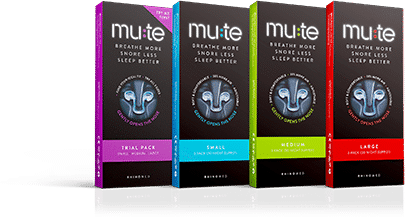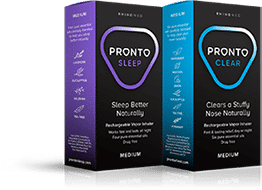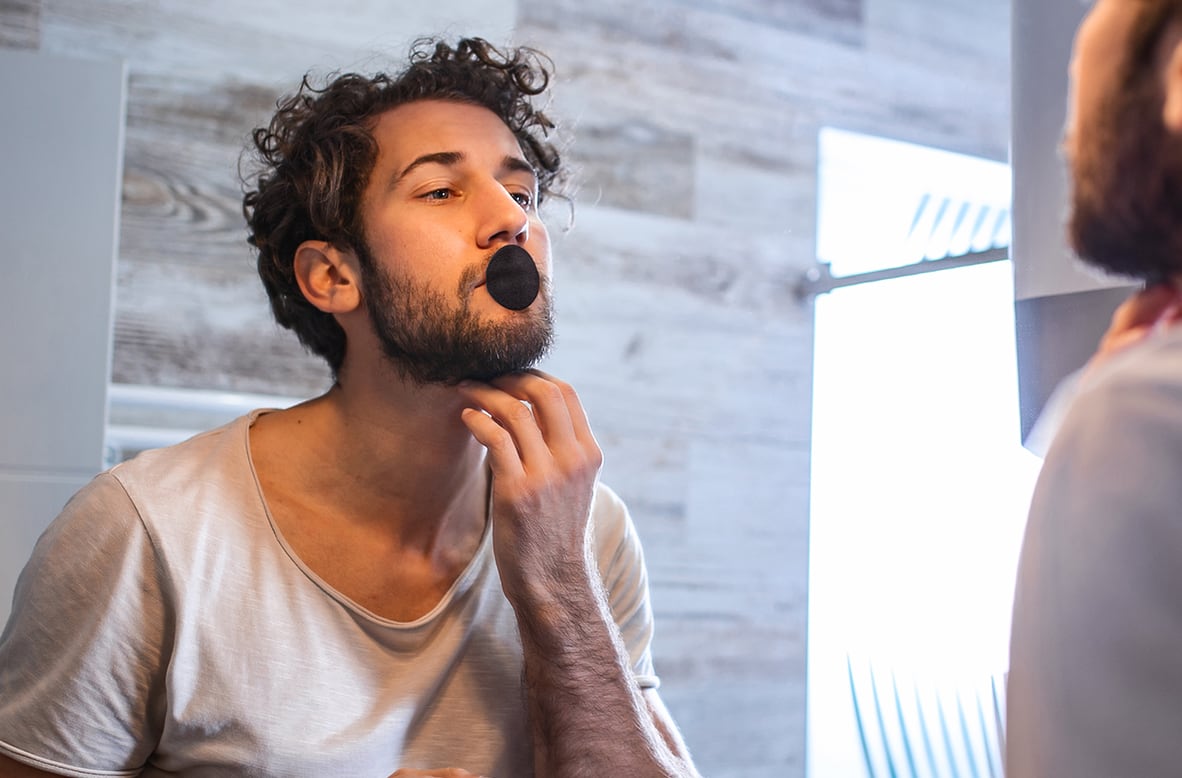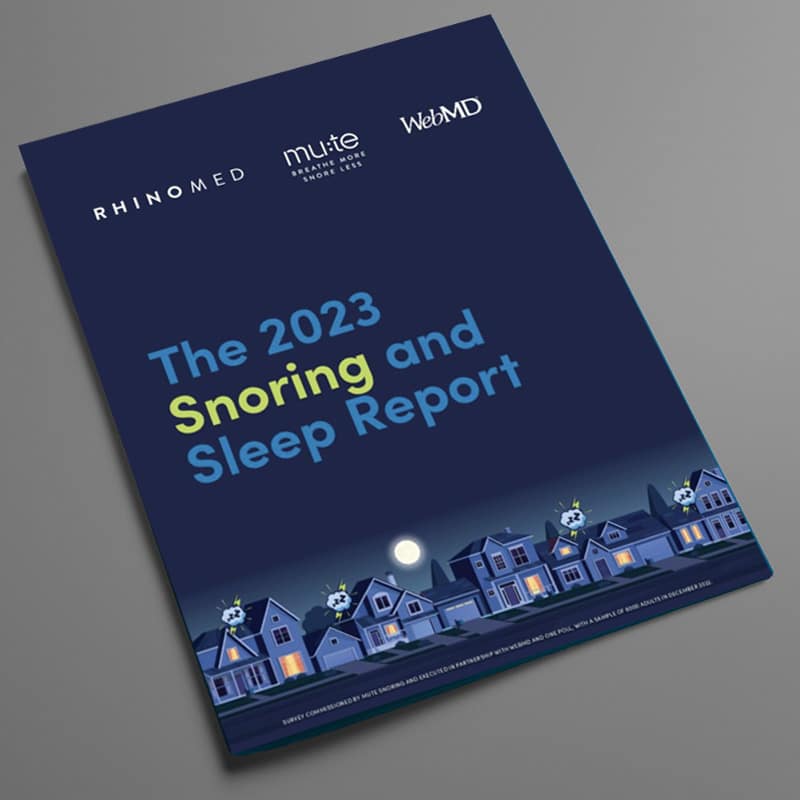ARE YOU GETTING THE SLEEP YOU NEED?
TAKE OUR TEST AND FIND OUT.
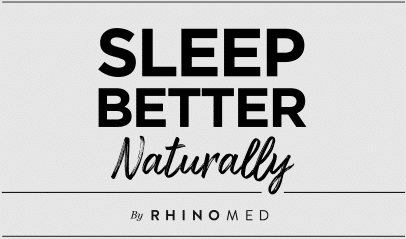
LIFE BECOMES A STRUGGLE IF YOU’RE MISSING OUT ON THE SLEEP YOU NEED. TAKE OUR TEST AND FIND OUT IF YOU’RE GETTING THE RIGHT QUANTITY AND QUALITY OF SLEEP YOU NEED TO STAY IN TOP FORM.
Medically Reviewed by Dr Ronald Krueger MD F.A.A.C.S.

Sleep is a fascinating and essential part of life. Sleep should come easily and naturally but for many of us good sleep is elusive.
After a long and busy day, when we finally hit the bed it can be hard to slow down our minds and allow sleep to take over. At other times, we fall into an exhausted sleep only to wake during the night, sometimes several times, and find sleep is suddenly well beyond our reach.
Acknowledging that we’re not getting enough sleep or good enough sleep is the first step towards finding the answers we need to get consistently restful sleep.
Understanding why we’re not sleeping well is also integral to helping resolve our sleep problems so that we can get the best that sleep has to offer in terms of physical vitality, mental acuity and emotional well-being.
Take our test below to determine if you’re getting the sleep you need and stay tuned for more blogs in the Sleep Better Naturally series to learn more about why sleep is eluding you and what you can do about it.
FIND OUT IF YOU’RE GETTING THE SLEEP YOU NEED.
TAKE OUR SLEEP TEST
Compare your answers to the advice offered by sleep experts.
1. Are you getting between 7-9 hours of sleep each night?
Adults need at least 7 hours of sleep each night to maintain their physical, mental and emotional wellbeing. If you’re falling short of this, consider going to bed earlier (not getting up later) as the sleep you have before midnight is the most restful.
2. Do you go to bed at the same time every night?
Going to bed at the same time each night helps to train your body when to expect to sleep. Over time, what feels like a routine will become one of your body’s natural cycles and your body will slip into sleep more easily.
3. Does it take you more than 15 minutes to fall asleep?
When sleep occurs as it should, we fall asleep within 4-5 minutes. If it’s taking you a lot longer than that, consider the simple rules of keeping your bedroom free of electronics and work and keep it cool, comfortable and dark. Find ways to relax too, including having a warm shower or try Pronto Sleep that delivers a blend of essential oils traditionally known to help you relax and fall asleep.
4. Do you wake more than once during the night?
If you are waking up several times during the night, think about what might be causing this. Is it due to hormones, your bladder playing up or your partner’s snoring? Most of these reasons can be alleviated. Restrict your eating and drinking for up to three hours before bedtime and find a way to reduce the snoring (you may like to consider Mute). If your symptoms persist then follow up with your physician for more advice.
5. Do you wake up with a dry mouth or throat?
If you are waking with a dry mouth or throat it’s likely that you have been breathing through your mouth during sleep, instead of your nose. This is intrinsically a problem because the nose is designed for breathing, not the mouth. The nose is a natural filter for keeping out germs and an excellent humidifier to moisten and warm the air that we breathe. If we use our mouth for breathing, we can take in too much air that then rattles around in our upper airways, creating the sound we know to be snoring.
Mouth breathing is much less efficient and increases the risk of snoring.
6. Do you get up at the same time every morning?
Over sleeping or trying to make up for lost sleep in the morning is not going to make you feel better. In fact, you’ll find it harder to get going as your circadian rhythm will be disrupted. The old adage of going to bed and waking with the birds will give you a regular sleep routine that will pay off with consistently better sleep.
7. Does it take more than one coffee to get you going in the morning?
There’s nothing wrong with having a cup of coffee or tea to get the day started but if it’s taking several cups to get going then it may indicate a sleep problem that you need to understand. Think about why you’re so tired – perhaps the answers to previous questions in this quiz can help you work it out.
8. Are you finding it hard to concentrate or be as productive as you could be?
A lack of sleep will impact both your mental and physical wellbeing, leaving you well below par at work and at home. The cost of sleep deprivation on economic productivity, as well as, workplace and road accidents is well documented. The cost to relationships and family life is harder to quantify but no less damaging to our happiness.
9. Do you feel tired or fall asleep during the day?
This is a sure sign that you’re not getting the sleep you need. If this is a persistent problem, it may be worth seeing your physician to get to the bottom of it.
10. Do you feel rested and revived when you wake up?
This is the ultimate test of whether you’re getting enough sleep and “good enough sleep”, the kind that regenerates our cells, cleans our brains and replenishes our energy levels so we can live life to the fullest.
Follow our Sleep Better Naturally blog series to learn about the importance of sleep and how you can make a positive difference to your sleep quality and quantity – and enjoy the benefits that will extend to all of your life.
Important Note: There are many sleep disorders that require a medical diagnosis and treatment, so if you are at all concerned, please seek advice from a medical professional.
https://www.sleepfoundation.org/articles/how-much-sleep-do-we-really-need
https://www.cci.health.wa.gov.au/
http://healthysleep.med.harvard.edu/healthy/getting/overcoming/tips
https://www.sciencedirect.com/science/article/pii/S2468867319301609
https://www.chronobiology.com/discovered-mechanism-linking-sleep-and-tissue-regeneration/
https://time.com/3183183/best-time-to-sleep/
https://www.sleephealthfoundation.org.au/files/Asleep_on_the_job/Asleep_on_the_Job_SHF_report-WEB_small.pdf

PLEASE REMEMBER: SOME SLEEP DISORDERS NEED TO BE MEDICALLY DIAGNOSED & TREATED SO PLEASE SEE YOUR PHYSICIAN IF YOU HAVE ANY CONCERNS.
THE SLEEP BETTER NATURALLY SERIES is sponsored by Rhinomed, a medical technology company dedicated to improving sleep through better breathing. Rhinomed is the maker of Mute, to aid snoring, and Pronto Sleep, to help you fall asleep and stay asleep, naturally.
